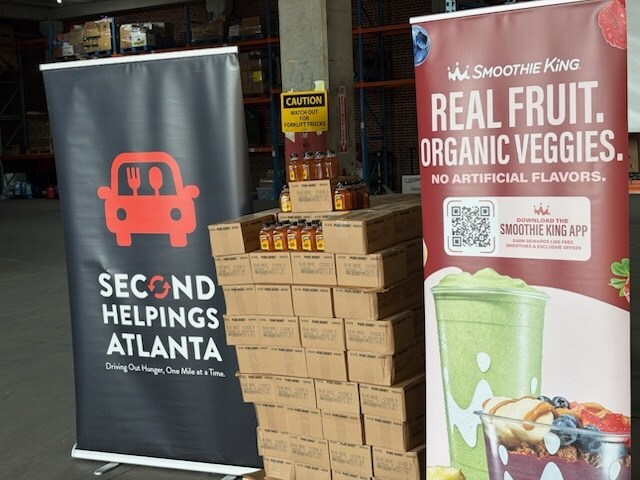
The recent passage of the “Big Beautiful Bill” is set to bring significant changes to vital programs affecting millions of Americans, according to Senator Judy Schwank, who represents the 11th District of Pennsylvania. These changes, particularly in the Supplemental Nutrition Assistance Program (SNAP) and Medicaid, will have immediate repercussions for many families, and the senator emphasizes that these consequences are closer than they appear.
In Pennsylvania alone, approximately 2 million residents rely on SNAP benefits, while 3 million receive Medicaid coverage. In Schwank’s district, which has a population of around 260,000, more than 77,000 individuals are enrolled in Medicaid. Alarmingly, the Pennsylvania Department of Human Services projects that over 8,000 people in this district may lose their Medicaid coverage as a result of the new legislation. This translates to thousands of individuals potentially missing out on critical healthcare services, including doctor’s appointments and necessary medications.
One of the bill’s key provisions introduces work requirements for Medicaid recipients. While this may seem reasonable at first glance, Schwank highlights that 64% of Medicaid beneficiaries are already employed. The majority of those who are not working are either in school, caring for family members, or facing disabilities. The senator questions whether it is fair to force individuals to choose between pursuing education or providing care for a loved one and maintaining their health insurance.
The challenges extend beyond individual families. Nursing homes in Pennsylvania, which already face financial instability, rely heavily on Medicaid, which funds approximately 60% of their residents. Cuts to this funding could lead to closures, particularly in rural areas where alternatives are scarce. The situation in home care is similarly urgent, as there is a significant shortage of qualified workers to meet the growing demand for in-home services.
Schwank asserts that the issues of housing instability, food insecurity, and inadequate healthcare access are pressing realities for many families in her district. She argues that the legislation does not adequately address these challenges, instead opting to overlook them. “Ignoring these challenges is not just unthinkable — it’s cruel,” she states.
The senator acknowledges that these issues are not solely the result of the current bill; rather, they have persisted within government programs for years. Nevertheless, she expresses a commitment to a strong social safety net that supports individuals facing hardships.
In Montgomery County, organizations like Mitzvah Circle work diligently to understand and meet the specific needs of families. Rather than providing generic assistance, they conduct thorough interviews to deliver tailored support, such as baby formula or clothing in the correct sizes for single mothers.
Additionally, Schwank highlights her involvement with the Tower Health Street Medicine team, which provides essential medical care and resources to individuals experiencing homelessness. Their efforts extend beyond immediate needs, helping connect these individuals to long-term services.
Another example of community-driven support is Helping Harvest, a food bank serving Berks and Schuylkill counties. Recently, they opened a community kitchen that prepares nutritious meals for seniors unable to cook for themselves. This initiative not only makes effective use of bulk food donations but also ensures that vulnerable populations have access to ready-to-eat meals.
Schwank emphasizes that these local solutions exemplify compassion and effectiveness. She challenges the federal government to learn from these community-based programs and implement similar approaches on a larger scale.
As the implications of the “Big Beautiful Bill” begin to unfold, the senator’s insights raise critical questions about the future of social services and the support available for those in need.





